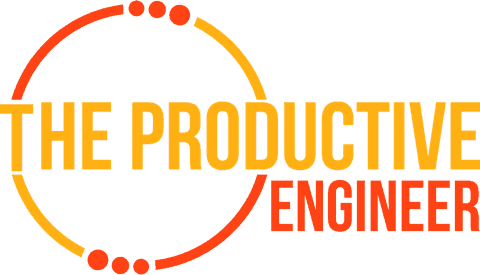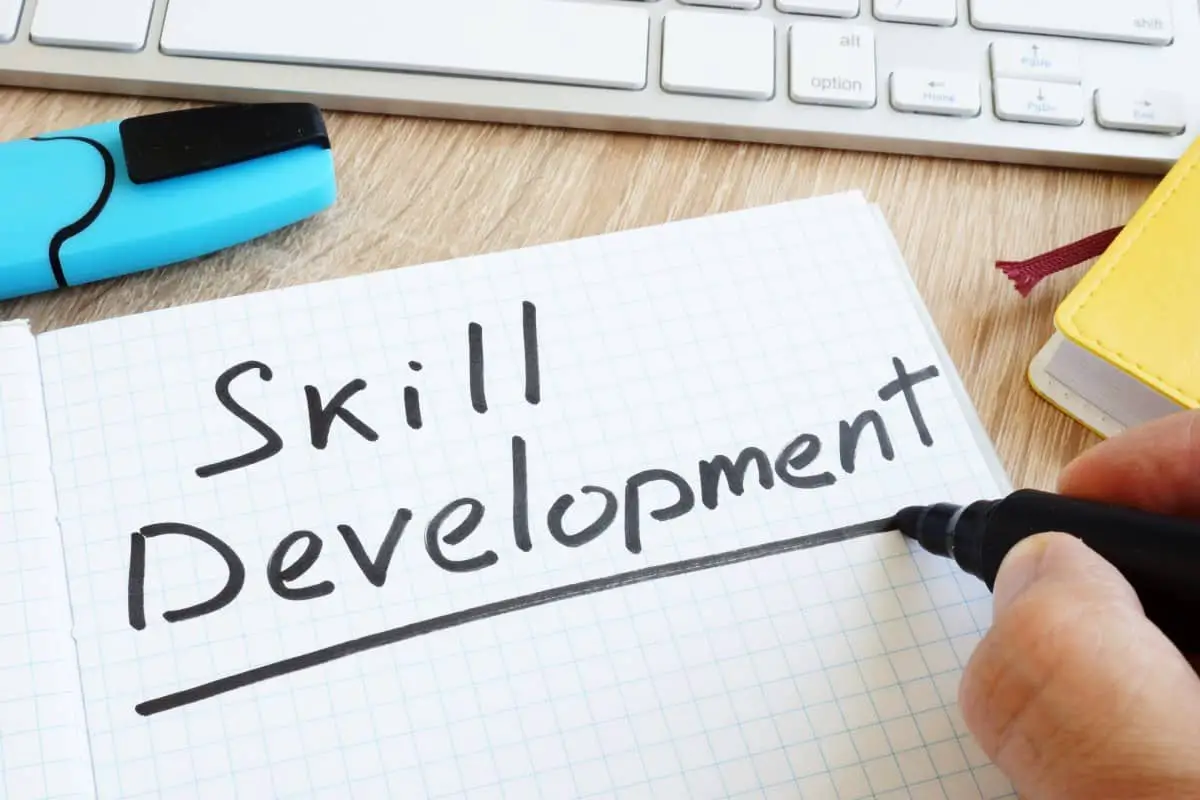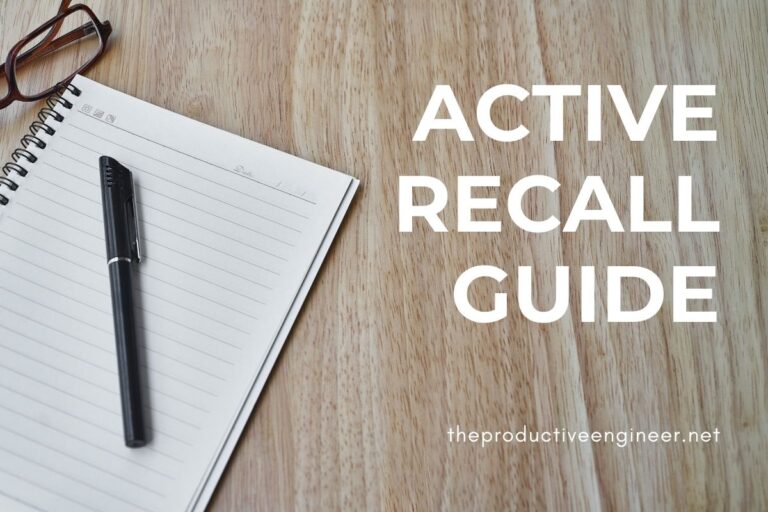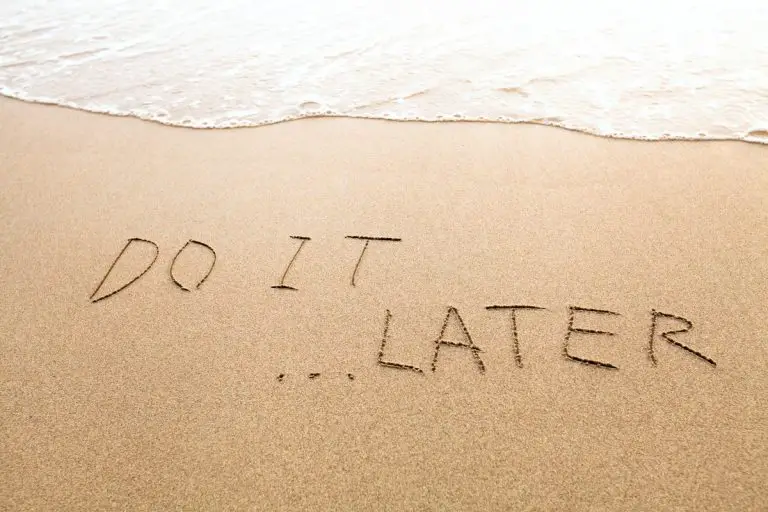How to Improve Your Study Skills Right Now!

Studying can be very hard. No matter how long you’ve been doing it, everybody feels this way at times. Studying is a skill, like any other skill, that requires practice—this article will show you tips and techniques that can help you become a better studier over time.
So how do you improve your study skills? Listed below are several steps you can take to become a better studier:
- Create a schedule for studying
- Use a time management system to ensure you work consistently and take regular breaks
- Use a note-taking system that emphasizes reinforcement of the content you are trying to learn
- Create variety in your studying by finding new locations that conducive to studying
- Reduce your consumption of junk food and add in foods that support your body
- Have a consistent sleep schedule to ensure that you can get the rest you need consistently
- Use flashcards for review of the content you are trying to learn
- Join a study group
- Keep a journal to document your progress and your emotions during study sessions
Using these techniques will help you become better at studying over time. On a related note, if you were looking to become a better writer in terms of your term papers or other assignments, you should try Grammarly. Grammarly is a service that checks your grammar to ensure that it is readable and pleasing to the reader. One of the things that I find Grammarly is excellent at is detecting overused words and offering alternate words that fit what I am trying to say in a more readable manner. I have been using Grammarly for almost a year now. It has improved my writing significantly.
For more information about Grammarly, please click the link below:
Grammarly – Great Writing, Simplified
If you’re looking for study tips, you must read our article on the most effective study tips to maximize academic performance at the link below:
25 Awesome Study Tips to Improve Your Academic Performance
So without further adieu, let’s get started.
Create a Schedule for Studying
It is very easy to be inconsistent in studying when you don’t have a schedule. The desire to procrastinate can be overwhelming and hard to fend off in the heat of the moment. Our brains are naturally wired to want immediate gratification at the expense of long-term gains. Having a set a consistent study schedule can help tremendously in overcoming this procrastination.
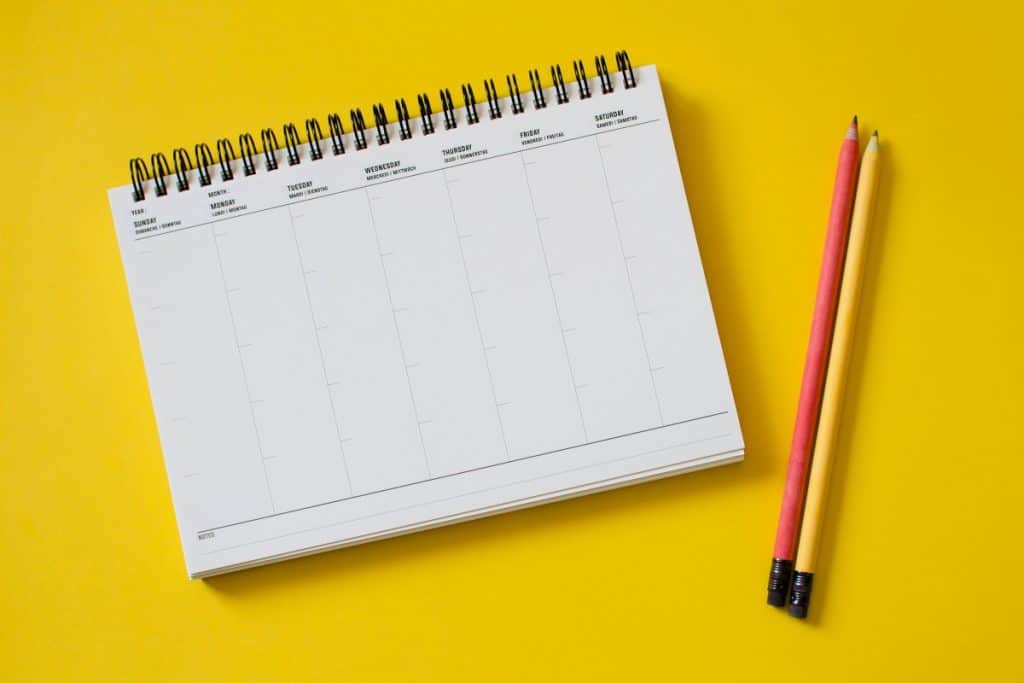
The first thing you need to do when building your schedule is to prioritize all of the things you have to do in a given day or week. What do you have completed the prioritization exercise, the next step is to look at your calendar. Next, slot in your todo items into your calendar in order of priority and due date.
Preferably, try to keep the time to study each day relatively consistent. This will train you to know that this time is for studying and will reduce your urge to procrastinate.
For more information on how to create a study schedule, check out my blog post on how to create a study schedule at the link below:
If you find yourself still struggling with procrastination, we have you covered. We wrote an article on how to overcome procrastination in college which you can find at the link below:
A Guide to How to Stop Procrastinating in College
Use a Time Management System
Having a set schedule for study is helpful, sometimes it can still be hard to get yourself started studying even when the time is on your calendar. One of the ways I have found to be effective in getting myself to start studying is to use a time management system.
The system that I use is the Pomodoro technique. The Pomodoro technique is a system that breaks down work units, in this case studying, into 25-minute sessions followed by a break of five minutes. Once you have completed for Pomodoro’s, you take a longer break from anywhere from a half-hour to a full hour.
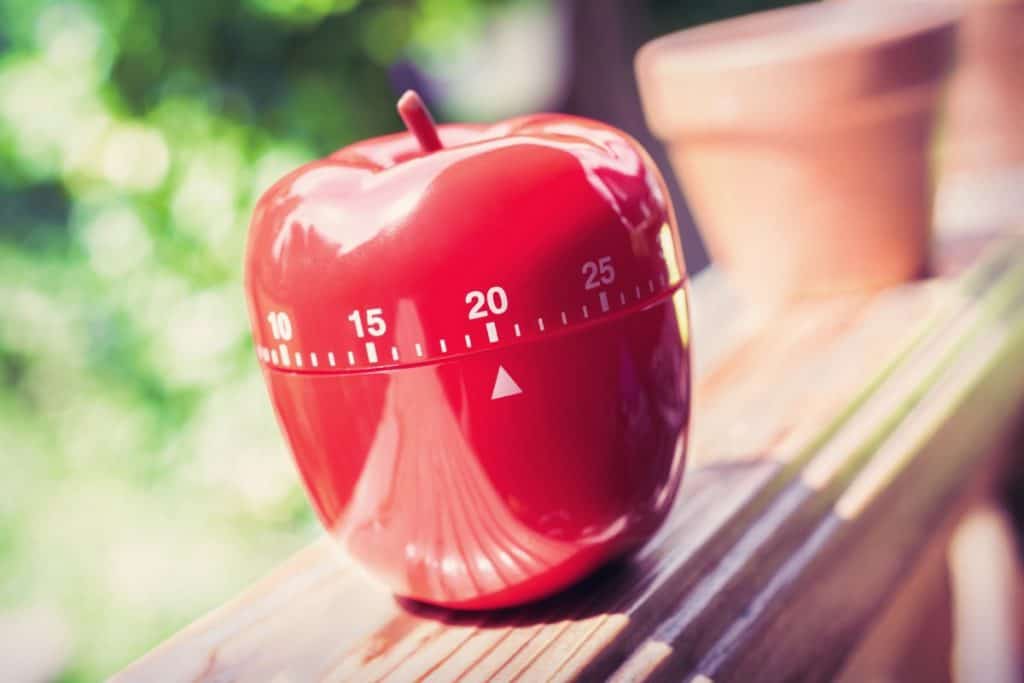
The reason why 25 minutes works so well is that there is a mental hurdle in open-ended work time. The strict enforcement of breaks in the process reduces burn out from long uninterrupted study sessions that can leave you mentally drained.
For more information about the Pomodoro technique, please check out our article on the Pomodoro technique and how to use it to maximize your effectiveness at the link below:
A Guide to Using the Pomodoro Technique
Use a Note-taking System to Maximize the Effectiveness of your Study Sessions
What is the biggest determining factors of the success of your study sessions is how well you take notes. We have all heard of the adage “garbage in garbage out” and that definitely applies to note-taking. To be clear, there’s a lot more to taking good notes that simply regurgitating whatever the professor is saying. A big part of note-taking is processing what is being said by the professor and putting it into your own words.
Another critical aspect of note-taking, and studying in general, is the importance of self-quizzing yourself consistently on the content you are attempting to learn. Being able to review your notes and quiz yourself on the content quickly is essential to successful learning.
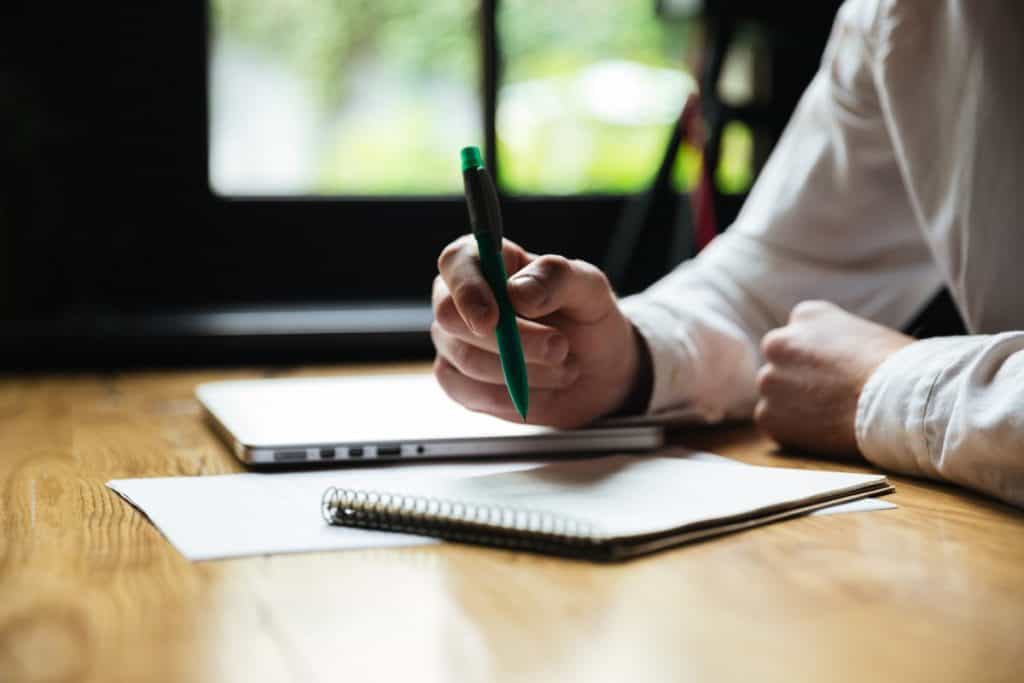
The note-taking system that I use is the Cornell note-taking system. The Cornell note-taking system is a structured system that provides both the active listening aspects of a successful note-taking system with the question generating essential for successful test-taking.
The Cornell note-taking system provides a structure on how to set up your note-taking page and has three distinct sections:
- Note Section
- Question Section
- Summary of Content Section
I find that this structure maximizes both the note-taking and the review aspects of studying. For more information on the Cornell Note-taking System and how it can help you maximize your studying, please click the link below:
How to Use the Cornell Note-Taking System
Create Variety in Your Studying by Finding New Locations that are Conducive to Studying
While the first couple of tips provided focused on establishing a routine for studying, we also need to change things up from time to time. If you study the same way at the same place at the same time every day, it is very easy to become bored. Studying can become stale if it lacks variety. One of the easiest ways to add newness to your study sessions is to change the location where you study.

While we typically study in places we frequent like our dorm room as an example, try to scout out new places where you can study. While libraries are an obvious example of a great place to study, don’t limit yourself to just libraries. If you are a person that likes to listen to music when you study, coffee houses can be great places. Just be careful that you’re not too distracted by the hustle and bustle and that you invest in a pair of good noise-canceling headphones to block out the noise around you.
For more information on picking great study locations, check out our article on the best places to study at the link below:
Where Can I Go To Study? Find the Best Places Here!
Reduce Your Consumption of Junk Food and Add-in Foods that Support Your Body
Studying takes energy. If you don’t have the energy to study, you won’t. Even if you manage to muster up the determination to study, you will not be studying at a peak level due to the lack of energy you are experiencing. The easiest way to improve your levels of energy consistently is to eliminate or reduce your junk food consumption.(Source)

Food is fuel for our bodies. If you put bad fuel into your car as an example you will see a decreased performance from your car. The same holds true for your body if you put foods that nourish your body, your body, and mind will perform better.
For more information on how to boost your energy for studying, check out our article on how to boost energy for studying at the link below:
Guide to How to Boost Energy While Studying
Have a Consistent Sleep Schedule to Ensure that You can Get the Rest You Need Consistently
There are two places where energy comes from:
- The food we eat
- The amount of rest we receive
We covered the food aspect of energy but we probably need to look at how much rest we’re getting as well. If you’re tired due to a lack of sleep, you will find it very hard to concentrate and have the amount of mental horsepower to push through your studies. (Source)

This is why having a consistent sleep schedule is essential. When you have a consistent sleep schedule, your body knows what time it is to sleep. If you have a variable sleep schedule both in terms of the amount of sleep you get as well as when you actually go to bed, it will inevitably lead to a lack of energy and focus, two things that are essential to academic success.
For more information on how to fall asleep consistently the night before before a test, check out our article at the link below:
How to Fall Asleep the Night Before an Exam Every Time!
Use Flashcards for Reviewing the Content You are Trying to Learn
Sometimes you simply need to memorize certain facts or equations in order to be prepared. Flashcards can be an essential part of your study tool kit. Flashcards provide a mechanism for consistent and repeatable review of court concepts, facts or equations/algorithms you need to learn.
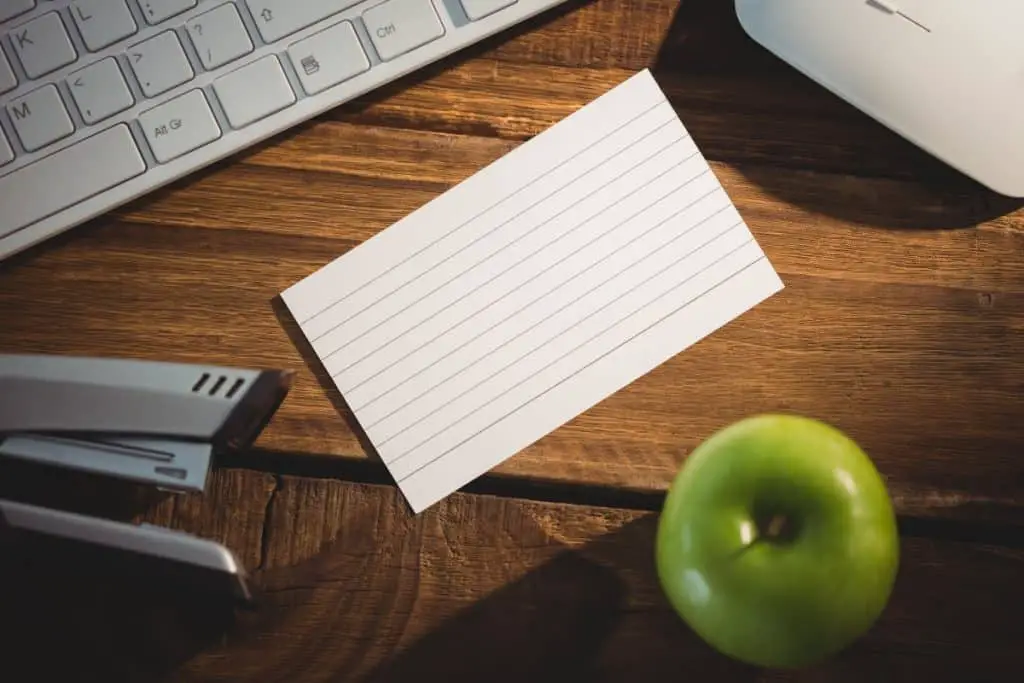
One of the key benefits of using flashcards is that they are extremely portable and you can take them with you anywhere you go. Starting up a flashcards session is as simple as pulling out the cards. When you have flashcards on you and ready to go, the barrier to an impromptu study session is eliminated. Depending on how many flashcards you have, a study session does not have to take very long, which reduces your mind’s resistance to studying.
If you find yourself having trouble focusing while studying, check out our guide on how to make yourself study at the link below:
How to Make Myself Study – A Guide
Join a Study Group
Joining a study group can help accelerate your learning. No matter how good of a notetaker you are, you will miss some aspects or nuances of the professor’s lecture. Being in a study group allows you to take advantage of the collective notes and perspectives gathered by your classmates. This is not an insignificant benefit. Many times, the professor may explain the concept in a way that doesn’t resonate with us. Hearing a different perspective or take on the same concept from a different person, like a study group mate, can enhance your understanding of the concept.

The most important thing in joining a study group is to ensure that you do the work as your study group members are depending on you as much as you depend on them. Don’t be the person that comes to the study group unprepared and leeches off of the other members. No one likes that person.
Keep a Journal to Document Your Progress and Your Emotions during Study Sessions
One of the best ways to learn about yourself and what works or doesn’t work for you is to keep a journal. It is hard to remember what works and doesn’t work overtime if you don’t document it. Journaling allows you to capture what your feeling at a given time while doing an activity. Using a journal, you can capture when you’re feeling overwhelmed. Having a log of your positive and negative feelings allows you to track the things that may have caused those feelings. Did you not get enough sleep the night before? are you hungry when you feel this way? Were you in a certain place when you were struggling to study? Do you find your study is better at one place versus another?
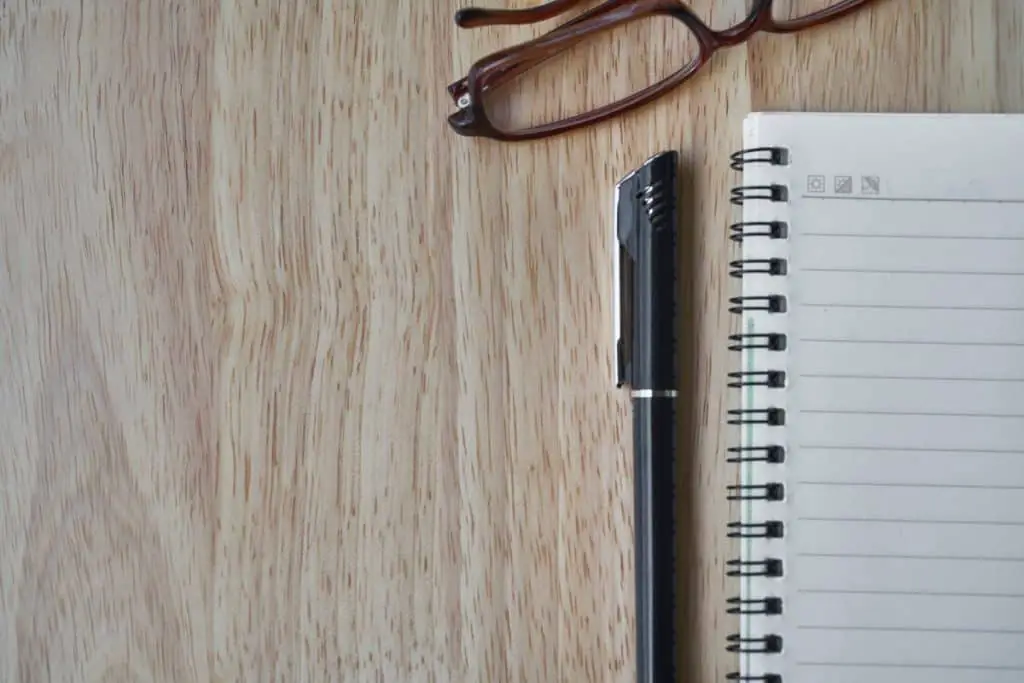
Using a journal in this way allows you to know yourself. Understanding what is working and is not working for you allows you to double down on what is working. I highly recommend that you keep a journal of your studying time and the emotions that you feel during each study session. I think you’ll be surprised at how much you learn about yourself as a result.
Summary
Improving your study skills is it an ongoing process that requires you to evaluate what you’re currently doing and to try new things that may improve your skills. Using some of the tips provided in this article will put you on the right path to becoming a better student.
Want More Tips and Tricks? Subscribe to our Newsletter!
If you haven’t already subscribed, please subscribe to The Productive Engineer newsletter. It is filled with tips and tricks on how to get the most out of the productivity apps you use every day. We hate spam as much as you do and promise only to send you stuff we think will help you get things done.
Check Out Our YouTube Channel!
We have a YouTube channel now and we are working hard to fill it with tips, tricks, how-tos, and tutorials. Click the link below to check it out!
Check out our Resources Page
Check out our resources page for the products and services we use every day to get things done or make our lives a little easier at the link below:
